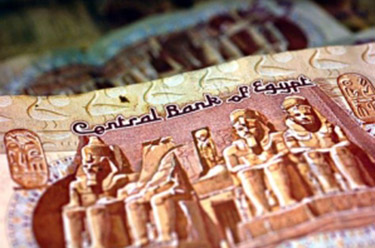Sustainable Banking in Egypt

It was raining cats and dogs the night of the seminar on sustainable banking in Cairo. Nevertheless, the room at the Egyptian Banking Institute was full of interested bankers. The reading by Wijnand Broer (CREM) and a presentation by the Arab African International Bank (AAIB), a leader in sustainable banking, were enthusiastically received.
Prior to the seminar, CREM, with the Egyptian Banking Institute and a local consultant, gave a number of training sessions for Egyptian bank employees, financed by the Dutch Ministry of Foreign Affairs. The participants were mostly Corporate Social Responsibility (CSR) managers and communications professionals from banks; CSR and sustainability are often the responsibility of the communication department.
How do I convince my CEO?
The participants were also working as trainers for the Egyptian Banking Institute, the training branch of the Central Bank of Egypt. A central question is: how do I convince the head of my bank of the utility of sustainable banking? There are several possible answers to this question, but one way is very effective: show him or her what other banks are doing (benchmarking). The senior management of banks appears to be responsive to information about international standards that other banks are already committed to. If you want your bank to be a leader, then you need to join them.
More than only ‘social investments’
A bank or financial institution has multiple possibilities and strategies available for sustainable investment. In Egypt, many banks limit themselves to so-called ‘social investments’, or investments in the local community. For example, they might donate a portion of their profits to local health services. The fact that a bank can also contribute to a healthy environment and a healthy future by setting requirements for the companies in which the bank invests (for example for the treatment of waste water), is completely new for many Egyptian banks.
Knowledge exchange with the Netherlands
The trainers received positive feedback from the participants about the good balance between theory and practice. Part of the training also took place in the Netherlands. During this visit, the Egyptian participants visited ASN Bank, Triodos Bank, Achmea and the Dutch Central Bank. VBDO and Sustainalytics also contributed to the exchange of knowledge. Possible follow-ups with the Egyptian banks, such as a strategy focused on senior management, are now being considered.
More info: Wijnand Broer

